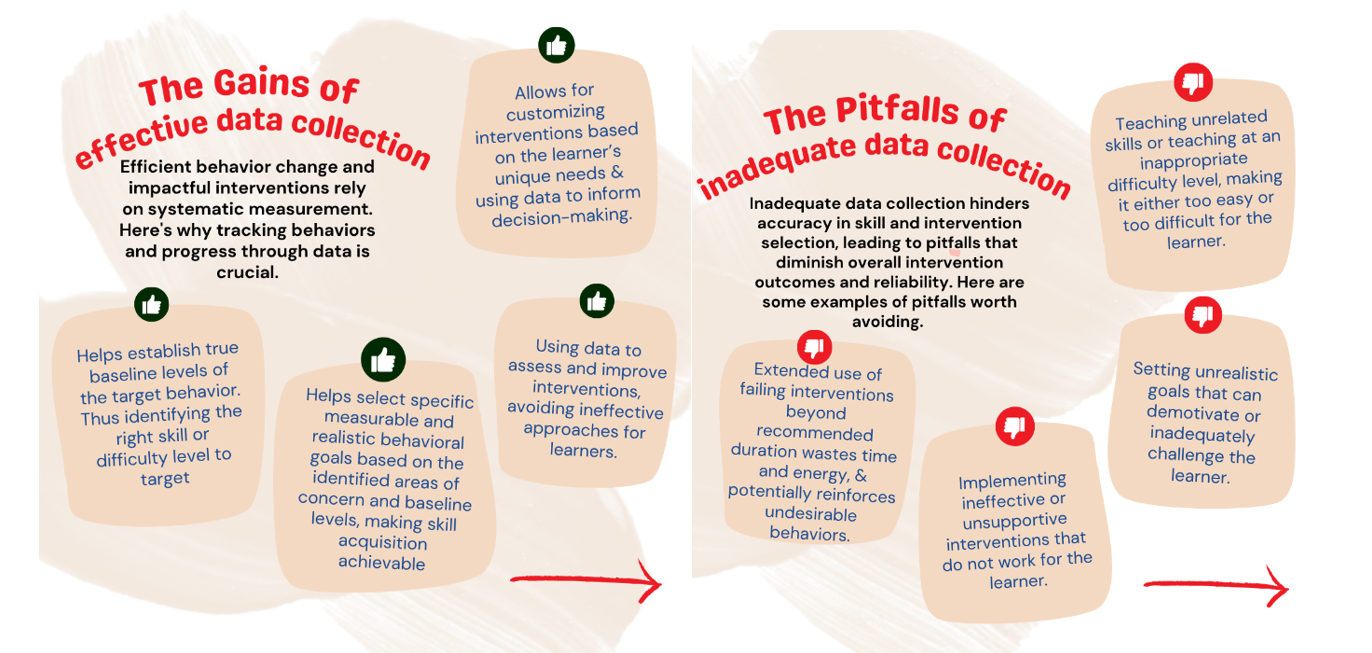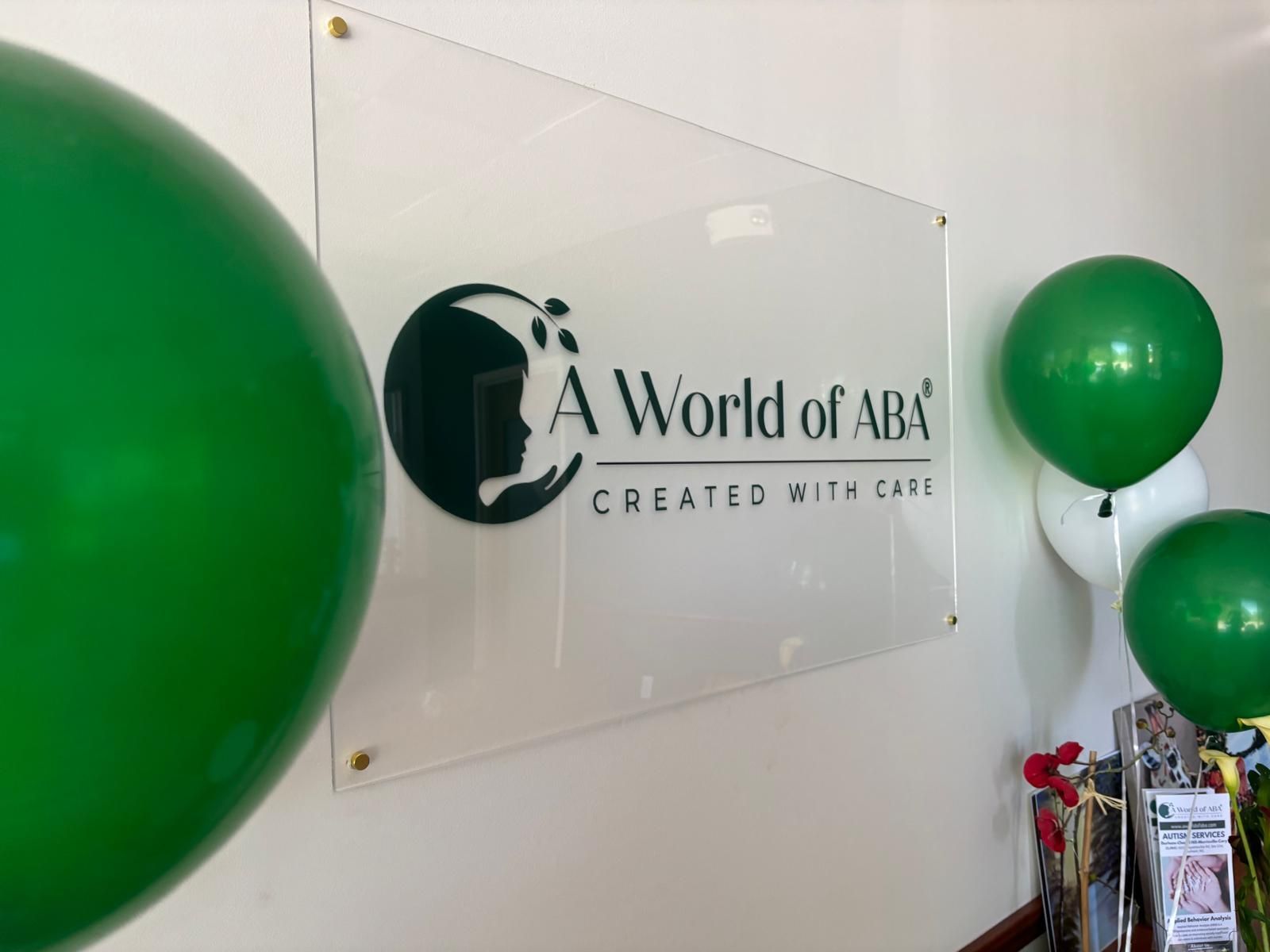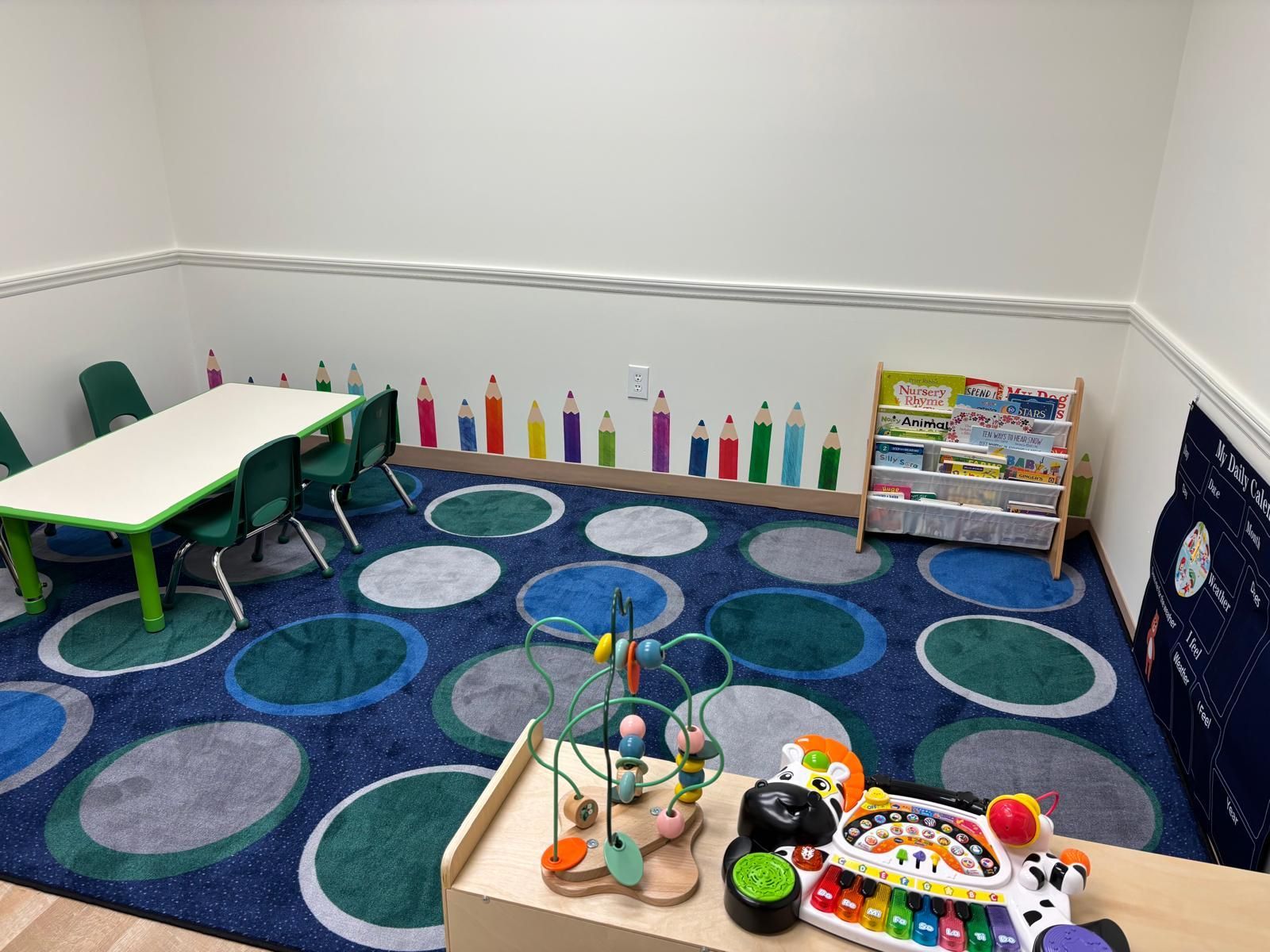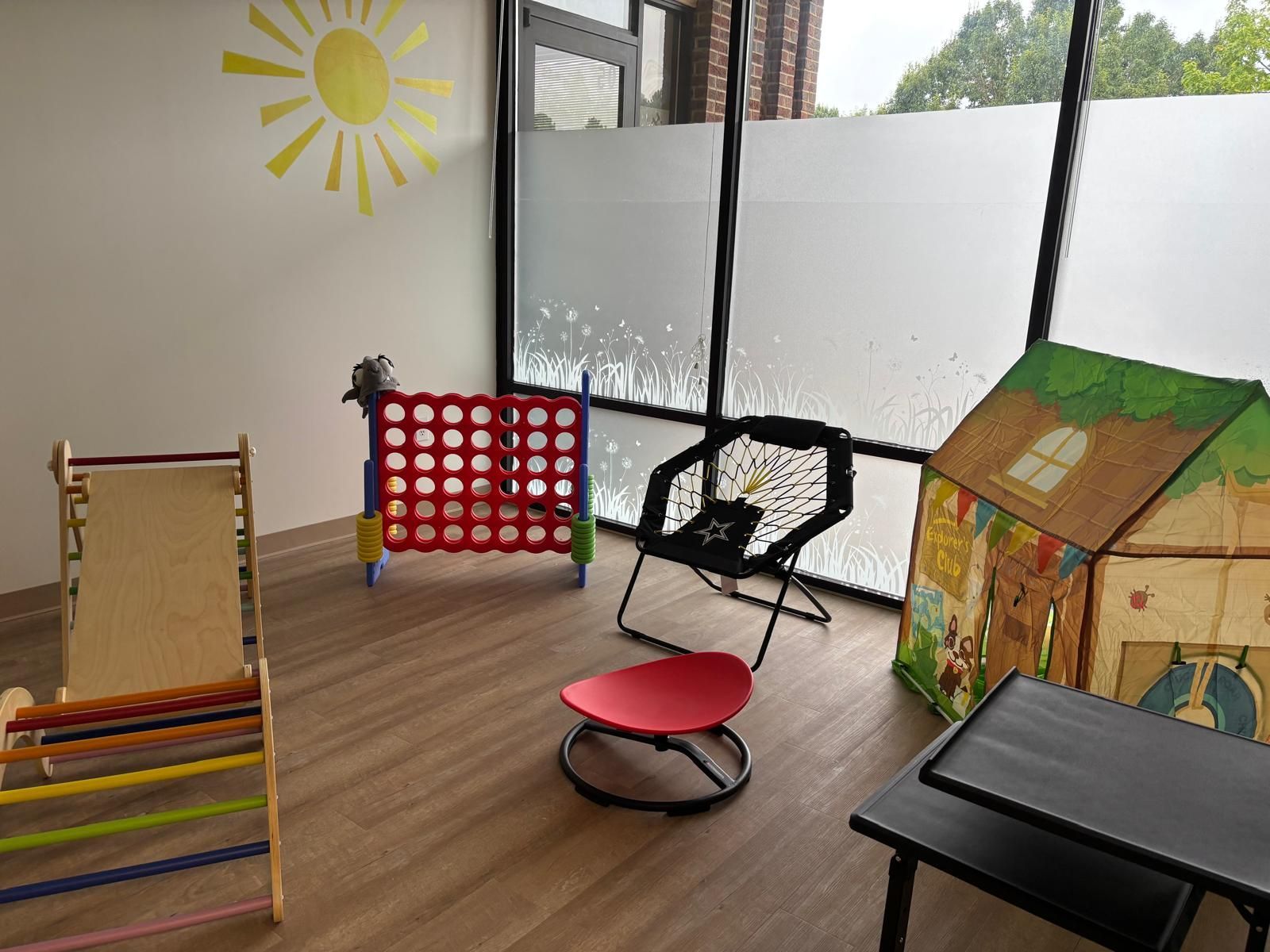A Team Committed to Progress and Possibility
At A World of ABA, we support learners on the autism spectrum in the Triangle, NC. We aim to empower individuals on the spectrum and their families to reach their full potential through Applied Behavior Analysis (ABA) therapy. We are committed to providing focused and comprehensive services through ongoing assessments, data-driven decisions, and the use of evidence-based interventions that enhance the lives of individuals with diverse abilities, supporting their integration into society. The core foundation of our services is to ensure we provide compassionate and individualized care.
Our Durham Clinic
Insurances We Work With
AETNA
MEDICAID- ALLIANCE
OPTUM
BLUE CROSS BLUE SHIELD OF NC
UNITED HEALTH CARE
When to Contact Us
Contact A World of ABA at (919) 214-9871 when you are looking for customized, compassionate, and evidence-based ABA therapy to enhance the life of your loved one with ASD. Our team is ready to provide ongoing support through in-home and community services, helping individuals and families thrive.
Why ABA?
ABA is a comprehensive and evidence-based approach that empowers families, nurtures potential, and improves the lives of individuals on the spectrum. The underlying goal of ABA services is to build on the learner’s skills to allow them to live functional and meaningful lives with their families, peers, and acquaintances.
ABA services offer families a roadmap to navigate the complex world of ASD. It equips parents and caregivers with the knowledge, tools, and strategies necessary to understand and support their loved ones with autism. ABA practitioners identify each individual's unique needs, strengths, and challenges through careful assessments, forming the foundation for tailored interventions. These interventions target specific behaviors, communication skills, social interactions, and adaptive functioning.
One of the most significant advantages of ABA is its evidence-based nature, backed by decades of scientific research. By breaking down complex tasks into manageable steps, ABA empowers individuals with ASD to acquire essential life skills, gain confidence, and develop a sense of competence. Families witness their loved ones reaching milestones, improving their quality of life, and instilling a sense of pride and fulfillment.
At A World of ABA, we offer Focused and Comprehensive ABA programs that utilize evidence-based techniques. Our programs are personalized to each learner, include a data-driven approach, and foster caregiver collaboration for lasting impact.
Focused ABA Programs
Focused ABA programs address specific behaviors or skills, such as communication or behavior reduction, and typically involve fewer hours per week.
Comprehensive ABA Programs
Comprehensive ABA programs provide individualized, intensive support to help individuals build lasting skills across all areas of daily life.
ABA Programs
Provide all-encompassing support across multiple developmental domains.
Early Intervention
We specialize in Early Intervention for young learners (ages 2-6). Our tailored plans target developmental delays and challenges early, creating a strong foundation for lifelong growth.
Daily Living Skills
Our Daily Living Skills program focuses on increasing independence in daily tasks such as personal care, chores, and time management. ABA techniques help individuals generalize these skills to various settings.
Functional Communication Training
This program helps nonverbal individuals or those struggling to express needs develop alternative communication skills, reducing frustration and strengthening social interactions.
Behavior Reduction
We address challenging behaviors through detailed assessments, creating individualized intervention plans to reduce problem behaviors while promoting positive alternatives.
Parent/Caregiver Coaching
Our Parent Coaching program empowers caregivers with ABA strategies, providing ongoing support and fostering a conducive environment at home for continued progress.
Service Areas
We proudly serve the following cities in North Carolina:
Counties we serve:
- Durham County
- Orange County
- Chatham County
- Wake County
If your area isn’t listed, don’t hesitate to reach out! Adventure awaits beyond the map, and we’re ready to serve you wherever needed.
Explore, Learn, Grow
We share practical insights, helpful tips, and up-to-date information on the latest ABA techniques and program implementation strategies.



Call us today at (919) 214-9871 to schedule your consultation and start your journey with A World of ABA. We are here to help!





